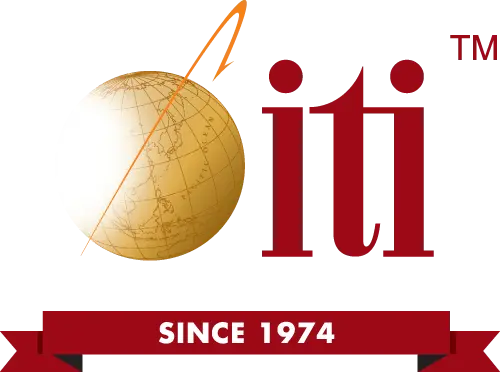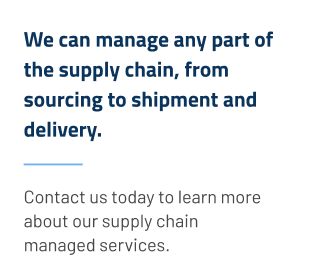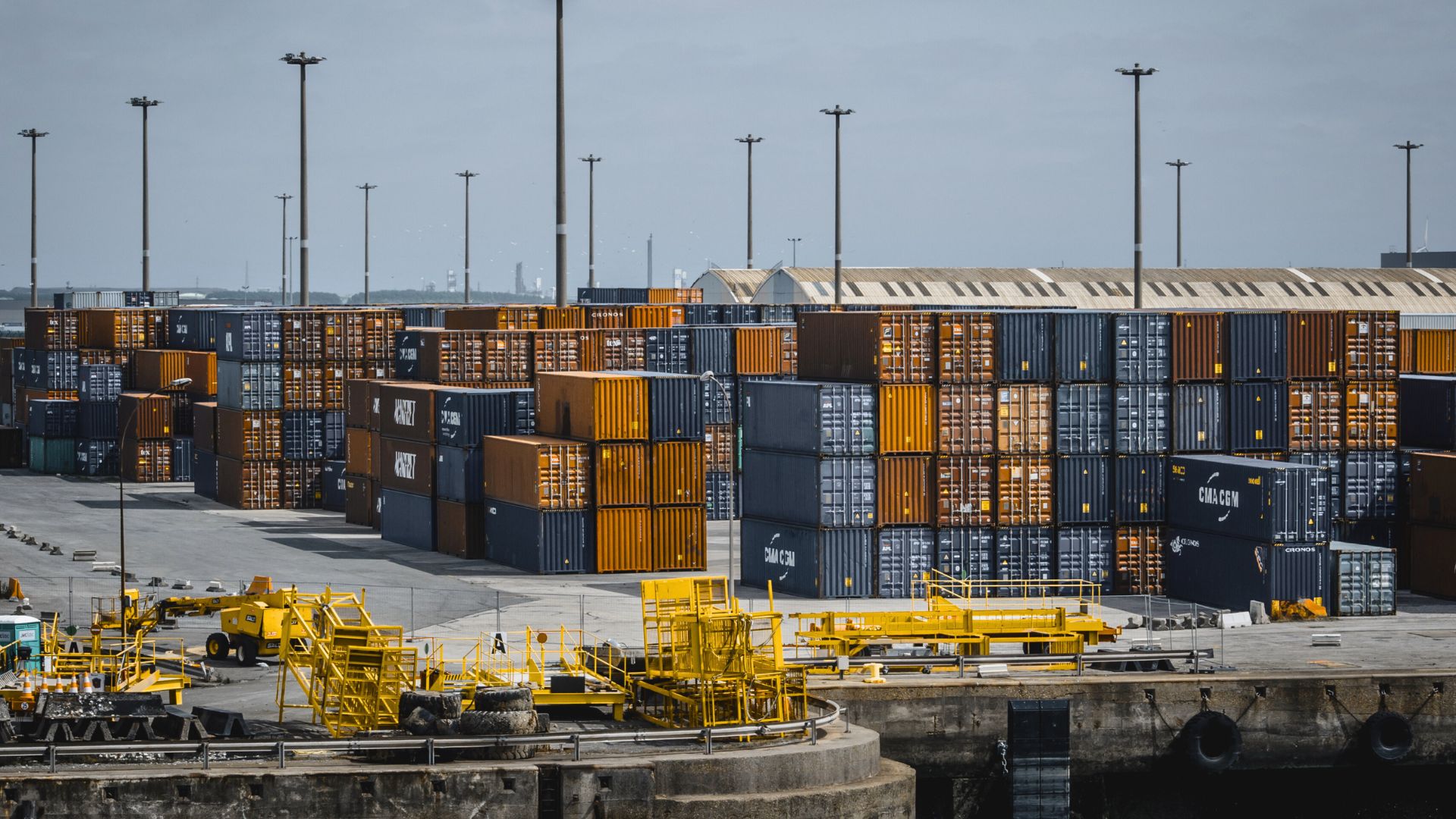Due to the rise of production cost in America, many companies in the last several decades have found it necessary to move their manufacturing overseas. Politics aside, numerous companies have turned to overseas manufacturing or low cost manufacturing in order to keep their business afloat in tough markets. Many of these happen to be China manufacturers.
From just a business perspective, there are pros and cons to American companies manufacturing goods overseas for sale in the United States. One of the cons, or risks, can be dealing with foreign exchange rates. When a company produces goods overseas, they generally have to pay for those products with foreign exchange, or the currency of the particular company from which they goods are being produced. Some companies will purchase foreign money in open markets. This is usually done through international banks.
For various companies, this currency exchange can present a risk, as the exchange rates can make the price of the manufactured products fluctuate and change frequently. In open markets, currencies will fluctuate. The exchange rate is influenced by supply and demand for the currencies being exchanged, for instance the U.S. Dollar and the Chinese Dollar.
Supply and demand can vary based upon the financial health and economy of each country and its balance of payments. If a country exports more goods, its demand for currency is in high demand and the price goes up. This also means that the cost of the same country’s exported products increases, even though the actual price really remains the same. The change in currency rates causes it to cost the buyer more, due to how it is expressed in other currencies. This is generally done in comparison to the U.S. dollar.
For example, the Euro recently traded for $1.16 in United States currency. The Japanese Yen recently traded at 110 Yen for $1 U.S. As this type of currency exchange goes down, the actual cost to the United States buyer goes up. The buyer will get less Yen for their United States dollar, decreasing their buying power in the Japanese market.
ITI Manufacturing has years of experience working between Chinese and United States markets, and is familiar with issues common to international business. If you have any questions about overseas manufacturing, contact us today, we’re happy to help.




